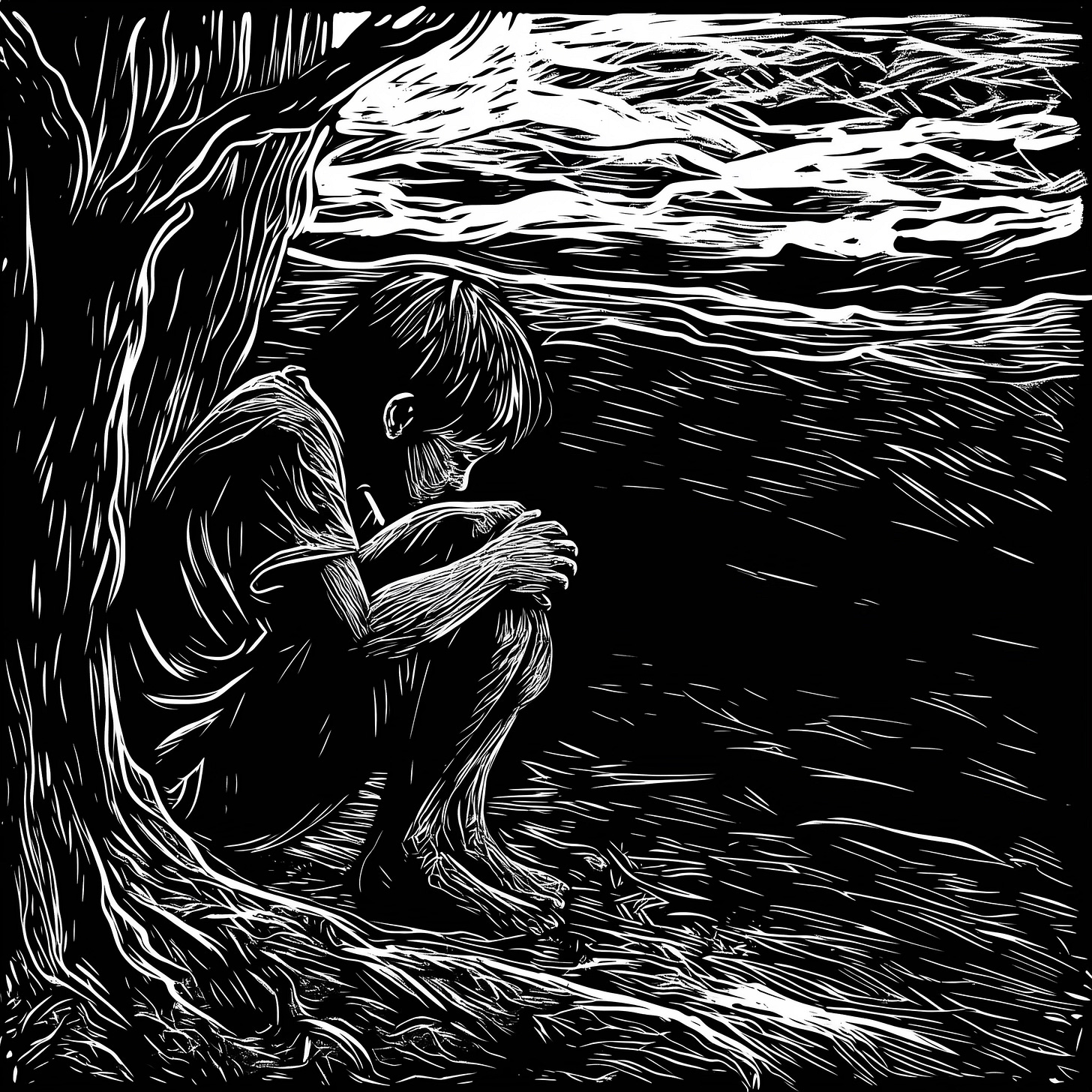Whenever my children bruise themselves, they place their hands over the swelling and just sit there with little tears trickling down their cheeks, holding their hurt.
What’s interesting to me is their instinctive reaction to draw closer to the pain, to press into it, to hold it, to sit with it. And perhaps that’s the key. The way we learn to respond to pain and suffering is to press into it.
Can we sit with it long enough to listen to what it wants to say?
What is it trying to teach us?
Can we listen to that ache in our lower back or to those cloudy thoughts that keep circling our mind?
Because the beginning of all real healing, Henri Nouwen says, is solidarity with the pain.
And this is the truth we keep bumping into: pain does not define us—it refines us. If we can respond with the right intention, if we can sit with it long enough, if we can steward it, if we can let it do the work it wants to, then it will become a refining experience. But if we stifle pain and suffering, if we stuff all of the anger and despair down deep, then affliction will not refine us—it will define us.
Room to Reflect
What is your natural response to pain—physical, emotional, or spiritual? Do you tend to press in, or pull away?
Can you remember a time when sitting with pain led to growth or insight?
What might your current discomfort or suffering be trying to say to you?


